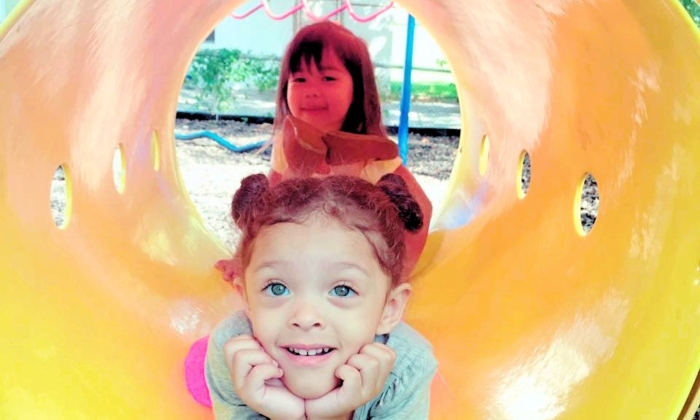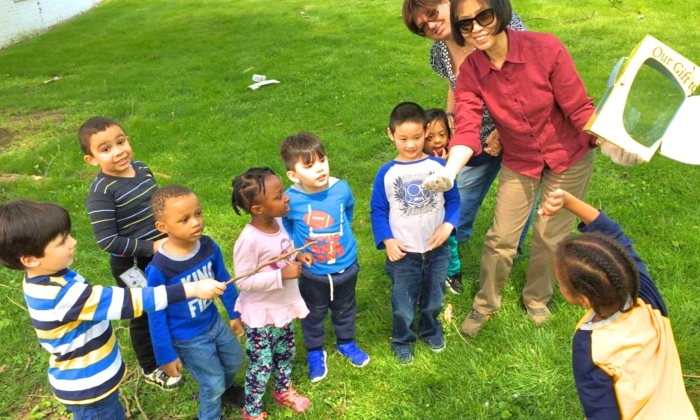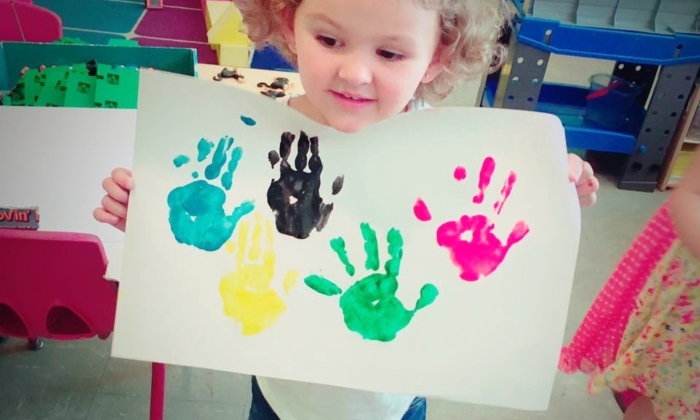Services
HOME / SERVICES
Little Meadows offers a suite of services tailored to meet the individual needs of each student. From a comprehensive evaluation to a smooth transition into kindergarten, we offer the services your child needs, often at no cost to parents and guardians.
Individualized treatment plans are designed for each student, incorporating a variety of techniques to help then develop the skills needed to be successful. These services are provided in the least restrictive environment, whether in the classroom, at home, or in an alternative setting.
Are you concerned that your child may have special needs? We offer comprehensive evaluation services by highly qualified and experienced professionals in early childhood development. Bilingual professionals can perform evaluations in Spanish. Developmental areas assessed include:
cognition
speech and language development
social emotional development
gross and fine motor skills
adaptive self-help skills
Evaluations are provided at no direct cost to parents and are paid for by the State of New York and New York City. All evaluation results are shared with families.
Children from Birth – 2 ½ years of age
If you have concerns regarding your child’s development, our Early Intervention (EI) professionals will guide you through the evaluation process.
Children from 2 ½ years of age – 5 years of age
If a child has a disability, special services can be recommended based upon the individual needs of the child as determined by the Committee on Pre-School Special Education (CPSE) of the local school district.
Are you concerned that your child may have special needs? We offer comprehensive evaluation services by highly qualified and experienced professionals in early childhood development. Bilingual professionals can perform evaluations in Spanish. Developmental areas assessed include:
cognition
speech and language development
social emotional development
gross and fine motor skills
adaptive self-help skills
Evaluations are provided at no direct cost to parents and are paid for by the State of New York and New York City. All evaluation results are shared with families.
Children from Birth – 2 ½ years of age
If you have concerns regarding your child’s development, our Early Intervention (EI) professionals will guide you through the evaluation process.
Children from 2 ½ years of age – 5 years of age
If a child has a disability, special services can be recommended based upon the individual needs of the child as determined by the Committee on Pre-School Special Education (CPSE) of the local school district.


Little Meadows has been providing Early Intervention Service Coordination for families of children from Birth to 3 years of age since 1994. We ensure that all children referred to us receive the rights, procedural safeguards, and services that are authorized under state and federal law.
Our Service Coordinators guide you through the Early Intervention process, starting with the initial referral and evaluation. If eligible, we will help you through the development and implementation of the Individual Family Service Plan (IFSP).
We continually monitor your child’s progress, making sure that all services are provided as directed. We employ both English and Spanish speaking Service Coordinators.
Little Meadows has been providing Early Intervention Service Coordination for families of children from Birth to 3 years of age since 1994. We ensure that all children referred to us receive the rights, procedural safeguards, and services that are authorized under state and federal law.
Our Service Coordinators guide you through the Early Intervention process, starting with the initial referral and evaluation. If eligible, we will help you through the development and implementation of the Individual Family Service Plan (IFSP).
We continually monitor your child’s progress, making sure that all services are provided as directed. We employ both English and Spanish speaking Service Coordinators.

Social workers create a vital link for families by guiding them to the appropriate and available program services and community resources.
In addition, they are an important part of the clinical team, delivering support to educational staff as well as families.

Social workers create a vital link for families by guiding them to the appropriate and available program services and community resources.
In addition, they are an important part of the clinical team, delivering support to educational staff as well as families.

Psychological Counseling
Psychological Counseling helps children develop appropriate coping and social skills as well as address hyperactivity, impulsivity and self-esteem issues. Using a child’s natural instinct to play, therapists help children explore feelings, improve communication and develop appropriate social interactions in an engaging, interactive way.
Play Therapy
Play Therapy normally takes place in a safe, comfortable playroom, where very few rules or limits are imposed on the child, encouraging free expression and allowing the therapist to observe the child’s choices, decisions, and play style. The goal is to help children learn to express themselves in healthier ways, become more respectful and empathetic, and discover new and more positive ways to solve problems.
Creative Arts/Dance Movement
Creative Arts specialists are part of the clinical team. They help a wide variety of children who may have difficulty expressing themselves verbally by encouraging expression though music, dance and art.
Speech-Language Therapy
Speech therapists work with children who have problems with spoken and written language, such as dyslexia, dyspraxia and auditory processing disorder. They also work with kids who have trouble making certain sounds (articulation) or who have stutters or lisps. The therapists utilize strategies tailored for each child’s specific challenge such as: language intervention activities, articulation therapy, and feeding/swallowing therapy.
Physical Therapy
Physical therapists work with children who have difficulty with mobility and stability. Their goal is to help the child reach their developmental milestones that require gross motor skills, such as sitting, crawling, standing, walking, kicking a ball, and jumping. The therapist will assess if the child needs aids such as standers, wheelchairs, or orthotics, and will help the child and family become familiar with the equipment.
Occupational Therapy
Occupational therapists work with fine motor skills, sensory processing, visual skills, and self-care. Typical activities during sessions might involve grasping and releasing toys, improving hand-eye coordination, handwriting skills, and learning how to bathe, dress and feed oneself. OT is also useful in teaching social skills, anger management, and improved focus.
Special Instruction
Special Instruction is an early intervention service that focuses on promoting caregiver-child interactions. Certified special education teachers design learning environments and activities to promote skill acquisition for your child in a variety of developmental areas, including cognitive processes and social interactions.
Our primary focus is supporting caregivers in learning new strategies that can be used to enhance the child’s development and participation in the natural activities and routines of everyday life.
Special instruction includes the planned interactions of personnel and materials to achieve the outcomes in each child’s Individualized Family Service Plan (IFSP).
Specific instruction on effective techniques used by the group or individual therapist and how to implement them outside of the classroom
Information and specific suggestions regarding child development, play skills, effective discipline, and parent resources.
